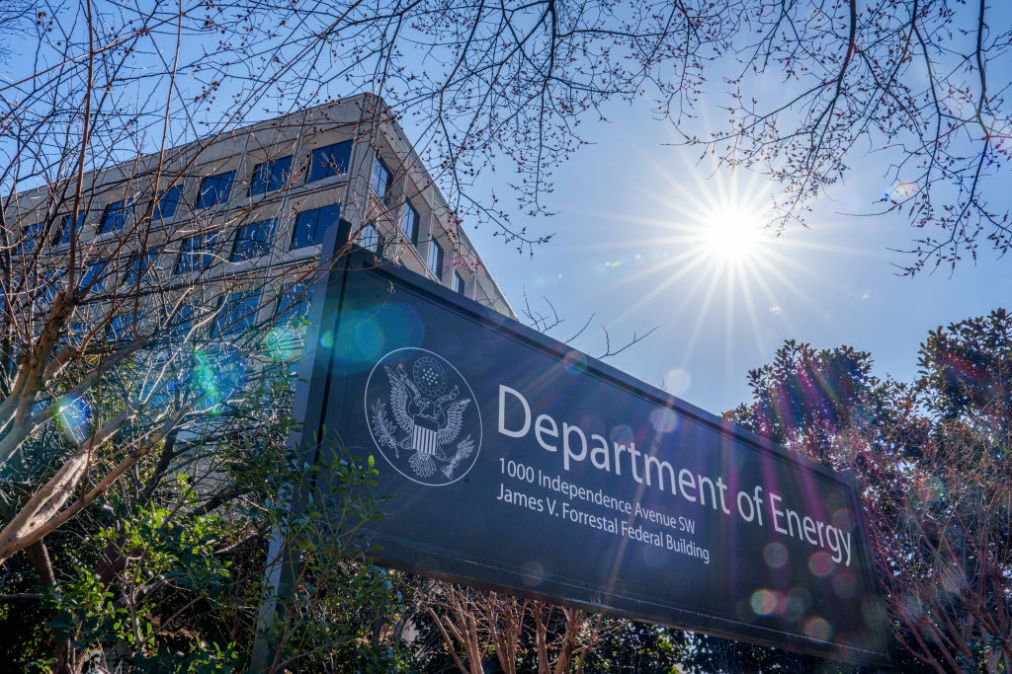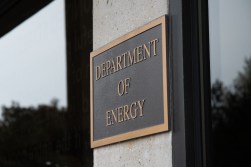National lab official highlights role of government datasets in AI work

The Department of Energy’s national labs have an especially critical role to play in the advancement of artificial intelligence systems and research into the technology, a top federal official said Tuesday during a Joint Economic Committee hearing on AI and economic growth.
Jennifer Gaudioso, director of the Sandia National Laboratory’s Center for Computing Research, emphasized during her testimony the role that DOE’s national labs could have in both accelerating computing capacity and helping support advances in AI technology. She pointed to her own lab’s work in securing the U.S. nuclear arsenal — and the national labs’ historical role in promoting high-performance computing.
“Doing AI at the frontier and at scale is crucial for maintaining competitiveness and solving complex global challenges,“ Gaudioso said. “Breakthroughs in one area beget discoveries in others.”
Gaudioso also noted the importance of building AI systems based on more advanced data than the internet-based sources used to build systems like ChatGPT. That includes government datasets, she added.
“What I get really excited about is the transformative potential of training models on science data,” she said. “We can then do new manufacturing. We can make digital twins of the human body to take drug discovery from decades down to months. Maybe 100 days for the next vaccine.”
The national labs’ current work on artificial intelligence includes AI and nuclear deterrence, national security, non-proliferation, and advanced science and technology, Gaudioso shared. She also referenced the Frontiers in Artificial Intelligence for Science, Security and Technology — a DOE effort focused on using supercomputing for AI. The FASST initiative was announced last month.
Last November, FedScoop reported on how the Oak Ridge National Laboratory in Tennessee was preparing its supercomputing resources — including the world’s fastest supercomputer, Frontier — for AI work.
Tuesday’s hearing follows the White House’s continued promotion of new AI-focused policies, and as Congress mulls legislation focused on both regulating and incubating artificial intelligence






